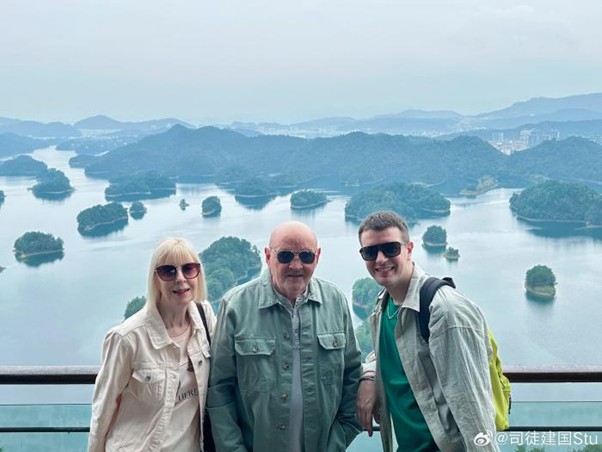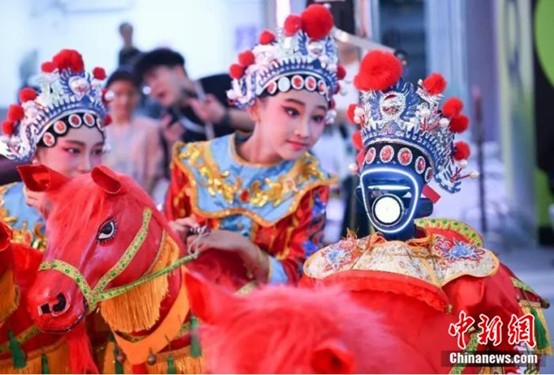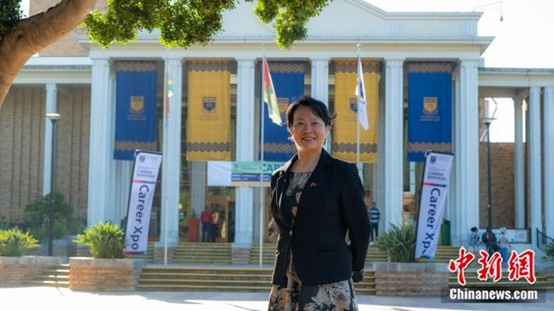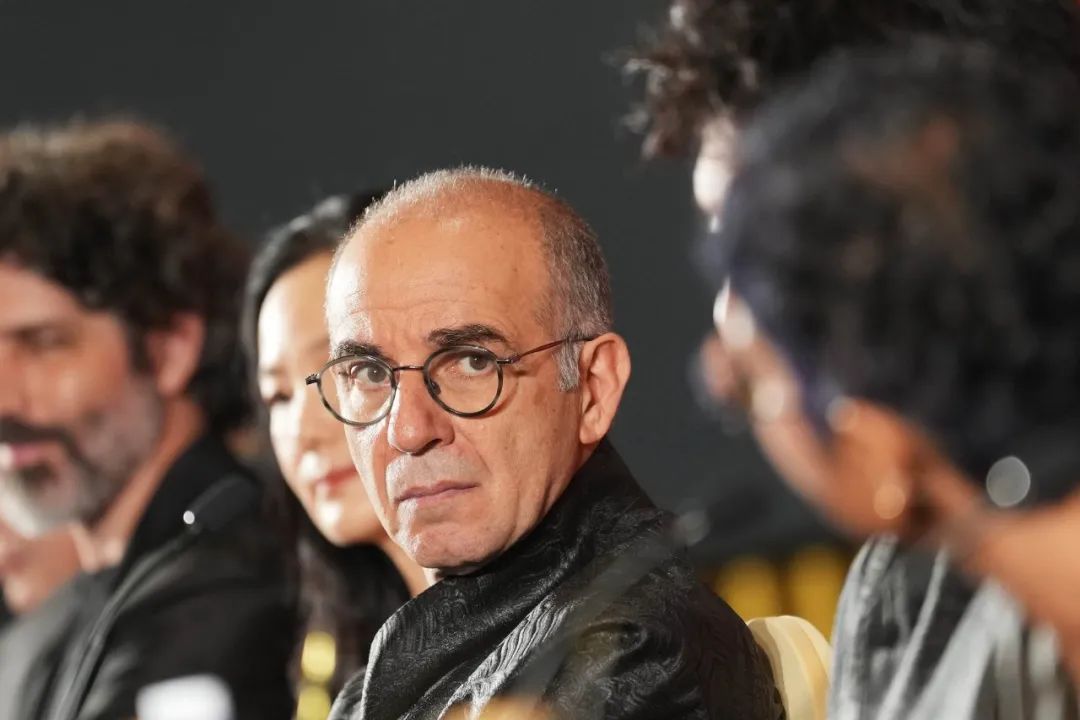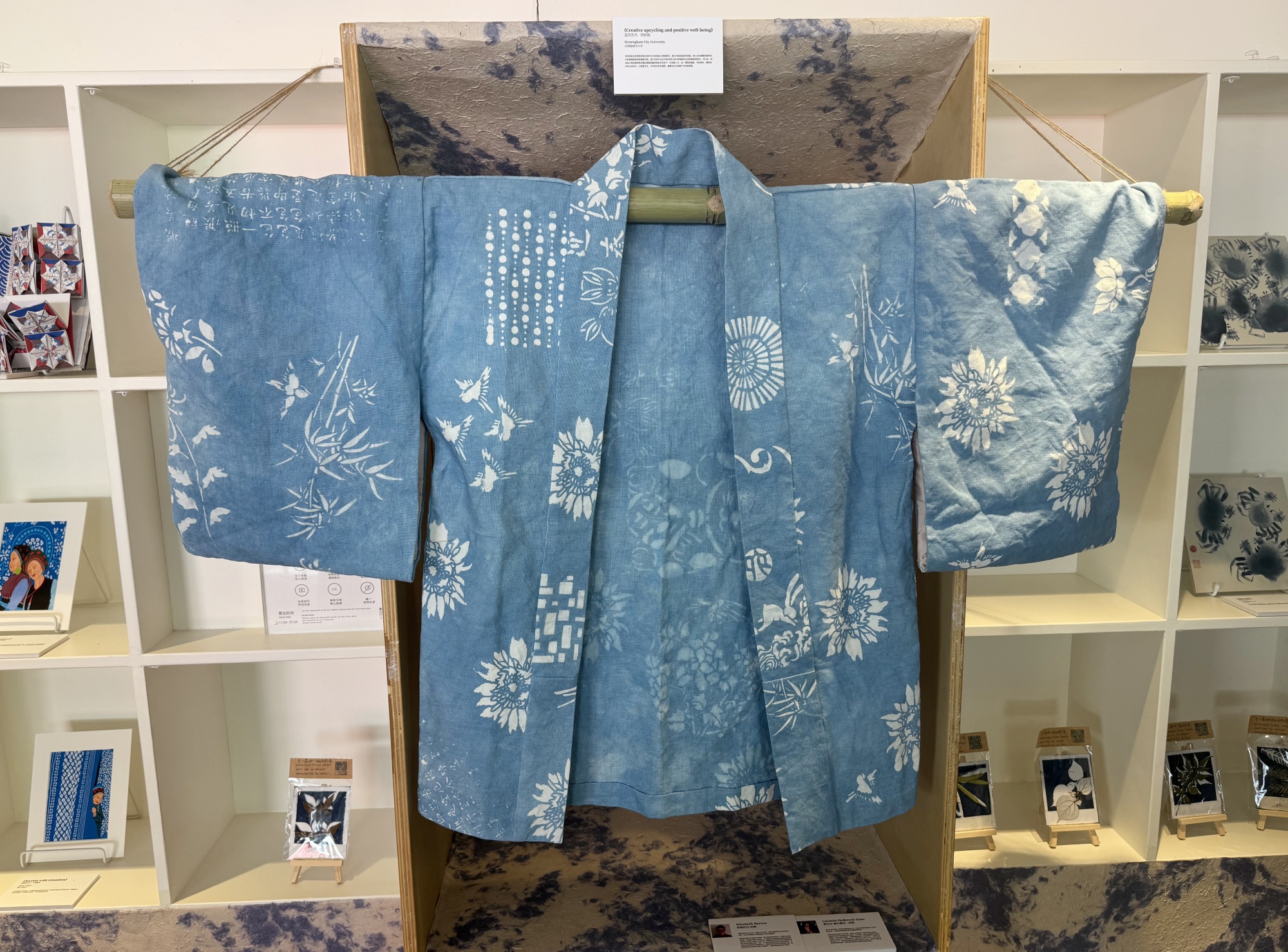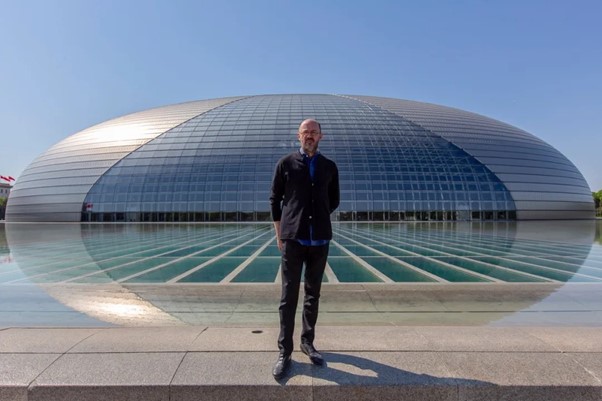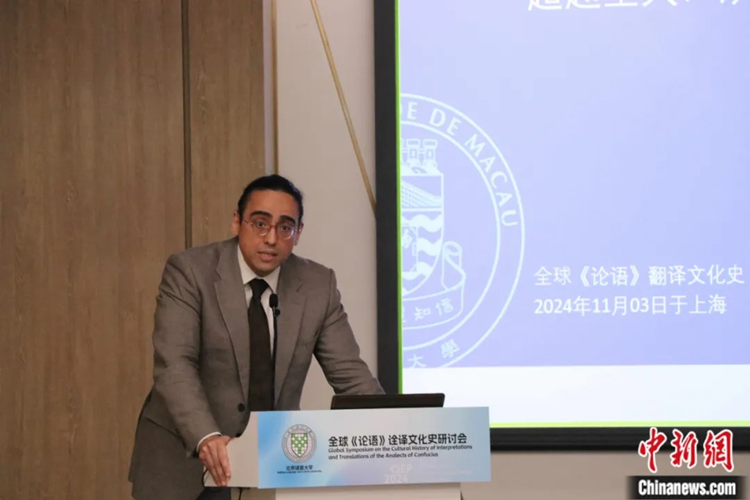Stuart Wiggin, winner of the ‘Friendship Envoy Award’ at the second edition of the Orchid Awards, answers how foreign bloggers can tell China stories well.
After graduating from Oxford University in 2007, Stuart has been rooted in China for 18 years, telling the world about his real-life experiences of living in China through the short-form video programme he created, The Stuart Show. Why did he choose to stay in China? How does he see and talk about ‘Charming China’? Stuart was interviewed by East Meets West.
Stuart Wiggin is a British video blogger who settled in China after graduating from the University of Oxford in 2007, founded his personal account in 2016, and launched a short video programme The Stuart Show in 2017, which continues to record what he sees and hears in China, covering topics such as culture, food and technology experiences, as well as poverty alleviation in different regions of China. In 2025, he was awarded the ‘Weibo Tourism and Culture International Communication Vlogger of the Year’.
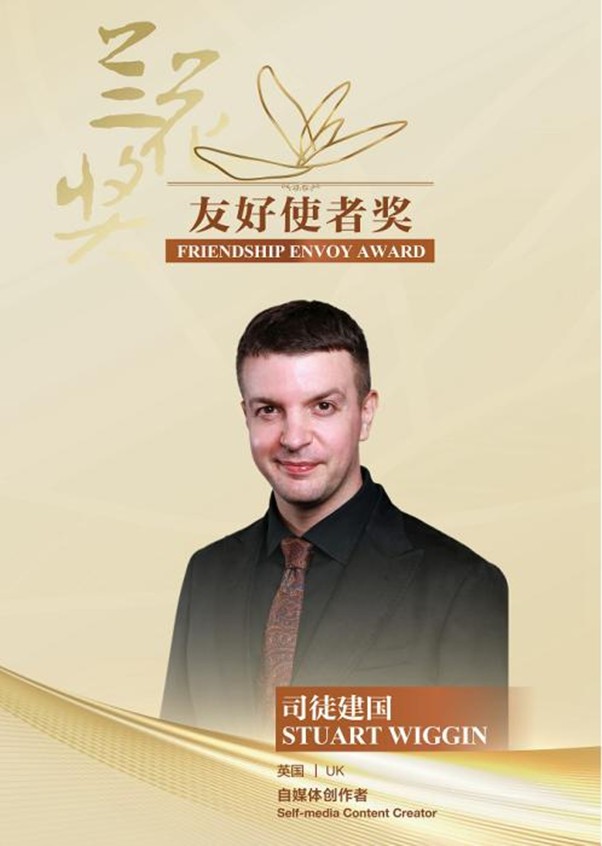
How did you get involved with China? Why did you choose to come to China and tell the world about China?
I first came to China in 2007. I joined an English language teaching programme with some students from Oxford University and spent a year teaching English to Chinese students in a rural village outside Beijing. At the time, the whole country was in a state of eager anticipation for the 2008 Summer Olympics in Beijing, and the atmosphere of energy and optimism was inspiring, and soon made me even more excited about China’s future.
After living in the countryside for a year, I moved to downtown Beijing to experience city life first hand and to learn Chinese systematically. As I learnt more about China, I became more and more eager to share what I saw and felt with my friends and family back home. But it wasn’t until 2014 that I started to pick up a camera and record my experiences. Initially, I just wanted to leave some video records for myself so that I could look back on this time later, and share it with my friends and family back home. But I soon realised that many people on the internet were genuinely curious about what I was doing. It was then that I realised that video was a great way to show the world a different and often overlooked side of China than what was rumoured.
After many years in China, what is your impression of China? What is one thing you remember about breaking the ‘stereotype’ of China?
China is, without a doubt, the friendliest country I have ever visited. It’s also the most rewarding country to visit – from deserts and snow-capped mountains to palm-fringed beaches, from high-tech metropolises to tranquil villages, there’s scenery as far as the eye can see. For anyone who loves to travel, it’s a place where dreams can come true. The country’s thriving pace of development makes living here always a breath of fresh air – I’m always amazed by how quickly China is changing.
But what really sets China apart is the people. They are extremely hospitable, sharing their own culture and eager to learn about the traditions of others. There is a strong connection between the people here that I find both inspiring and admirable.
When I first arrived in China eighteen years ago, I knew very little about the country. I think the same was true of many people in the UK at the time (and many still do). It wasn’t that I had too many ‘stereotypes’, but rather that there were large gaps in my knowledge of China. One of the biggest gaps was that I had no idea that there were 56 ethnic groups in China.
I still remember the ‘culture shock’ that China gave me. It was my first month here, and I attended a university party where the students were dressed in brightly coloured ethnic costumes and danced traditional dances of their own. After the performance, I overheard the students chatting in their respective dialects. This was totally unexpected because at that time I thought the only languages in China were Mandarin and Cantonese. That moment opened my eyes to the richness and diversity of this land, and I realised how much I still have to learn and explore.

In the short videos, you use your camera to interact with Chinese people, presenting their warmth, humour and authenticity. How is this different from the mainstream media’s coverage of China in the West? What do you think is the unique power of this ‘micro-narrative’ to break down stereotypes and promote cultural understanding?
In my opinion, many foreign media often tend to use a general, and abstract perspective when describing China. Such oversimplified narratives have created an ‘us vs. them’ mentality among foreign audiences, which has distanced Chinese and foreigners from each other. The core element, the ‘human being’, is often missing from such reports, even though the media always claim to be ‘speaking on behalf of the people’.
If viewers outside of China watch my ‘micro-narrative’ videos, which focus on my daily interactions with local people, they will quickly realise that people around the world have more in common than they think. They will also see the richness and diversity of Chinese culture, and feel the warmth and goodwill of the Chinese people towards interested and curious outsiders.
This year, many foreign bloggers, such as IShowSpeed, have visited China one after another, and travelling and filming in China has become a craze. What do you think about this phenomenon and where does the ‘Charming China’ come from?
I think it’s especially great when foreign bloggers come to China, especially when they can show the world what the country is really like. It would be great if more foreign bloggers can come to China and could attract more people to come and visit!
IShowSpeed’s live broadcast surprised many of his fans because the China presented on the screen was completely different from what their national media used to say. The contrast was rather eye-opening.
The charm of ‘Charming China’ lies in its amazing diversity – whether it’s natural landscapes, ethnic cultures, cuisines or cutting-edge technologies, one can feel the richness of China’s layers, and everyone can find something they like here. What’s even more amazing is that there are so many stunning places in China that most foreigners have never heard of. Exploring new places is always exciting, and in the vast, all-encompassing country of China, there are countless surprises waiting to be discovered in corners of the country that are rarely known to foreign travellers.
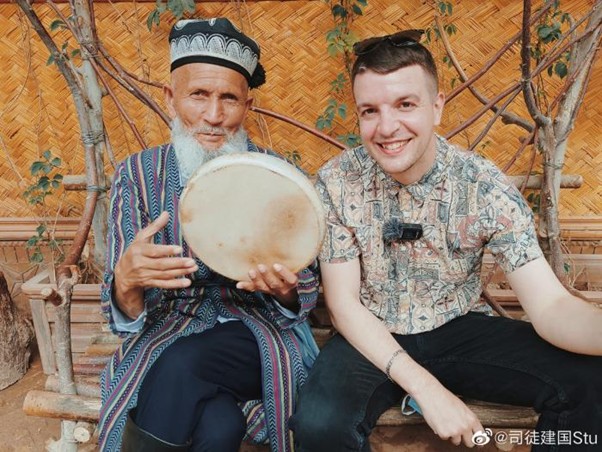
Looking ahead, what role do you hope your videos will continue to play in promoting humanistic exchanges and understanding between China and the rest of the world? What advice would you give to young people around the world who are interested in promoting cultural exchange between China and the rest of the world?
I hope my videos will encourage people to look at China differently – to question preconceptions, break down stereotypes and keep an open mind. If someone is in a position to come to China, I would highly recommend that they experience it for themselves. After all, there is no substitute for seeing for yourself.
My advice to young people who want to contribute to the cultural exchange between China and the West is simple: share what you see honestly and objectively, always respecting the people and the land in your lens. This attitude is crucial, not only for storytelling, but also for actually promoting deeper understanding between different cultures.
If you like this article why not read: How can China and Europe strengthen cooperation on climate governance?

